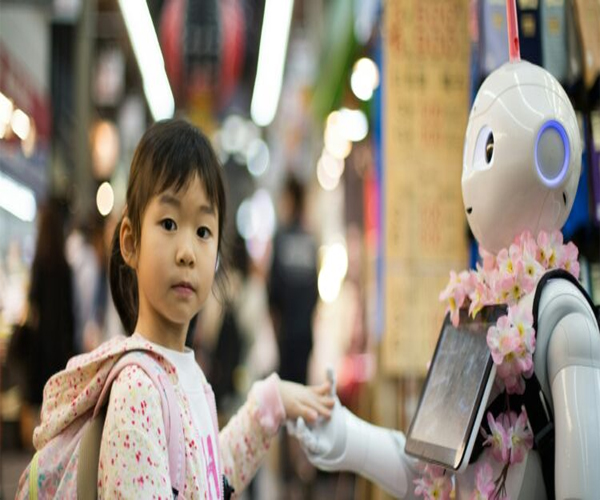Infertility is a prevalent issue, affecting one in six women globally throughout their lifetimes. A woman is diagnosed with infertility if she fails to conceive after 12 months or more of regular unprotected sexual intercourse. Aside from the inability to get pregnant, infertility can also mean the inability to maintain pregnancy after successful conception. Among various methods of reproducing after receiving this diagnosis is in vitro fertilization (IVF).
IVF is a fertility treatment involving the implantation of a fertilized egg directly into the uterus via a simple surgery. Not only is the process emotionally taxing and expensive, but it’s also not as effective as people are led to believe. According to the NHS, while women under 35 have a 32% success rate, those who are 40 and older are faced with much more devastating odds of 4% to 11%.
Although oftentimes hard to adopt, various technologies have played major roles in the healthcare industry over the last decades. Artificial intelligence is one of the most significant contributors, automating internal processes for physicians and making healthcare more accessible for patients. Unsurprisingly, AI solutions are being implemented in the fertility sector as well. The power of AI allows engineers to develop solutions that can increase the accuracy of a single IVF cycle, making it safer and more affordable. The pivotal benefits of applying AI in fertilization treatments include embryo selection and regimen personalization.
Based on 250 GB of data sourced from fertility clinics, we developed a production-ready AI engine capable of identifying and classifying embryo images to aid clinicians in decision-making. As a result, the number of embryos for implantation dropped by half, from 3-4 to 1-2 per standard IVF cycle. The system is also built using the latest technologies and features infrastructure-agnostic and cloud-ready design based on microservices, containerization, and automated deployment.
Source TECHSTORY



